Editor’s Note: This profile is part of a series taking a closer look at US presidents ahead of the 2024 presidential election between Donald Trump and Kamala Harris.
John Adams was a remarkable man – honest, blunt, independent and brilliant.
He was a writer, a thinker, a politician and a philosopher.
Adams was the second first Vice President of the United States and the first Vice President.
His son John Quincy Adams would later follow in his footsteps and become president.
Adams’ contemporaries – George Washington, Thomas Jefferson, Benjamin Franklin, James Madison and James Monroe – all regarded him as a towering figure and first-rate intellect.
Let’s take a closer look at the second president of the United States.
Early years
Adams was born on October 30, 1735, Massachusetts’ Braintree.
His parents were John Adams and Susanna Boylston. His father John was a farmer and shoemaker.
However, the family had a distinguished lineage. They could trace their roots back to the first Puritan settlers in New England.
Though Adams’ father, a Deacon in the Church, wanted him to pursue a career in the ministry, Adams instead chose the law.
Adams graduated from Harvard in 1755 and then began practising law in Boston.
In 1764, Adams made one of the most important decisions of his life.
He married Abigail Smith – a witty, well-read and independent woman whom he would refer to as ‘Dearest Friend’ and whose wise counsel he would come to sorely rely on in the turbulent decades ahead.
Quick Reads
View AllAdams’ reputation, both as a lawyer and a man of principle, got a big boost when he agreed to take the case of the British soldiers who fired on a crowd in Boston — also know as the Bostom Massacre.
Though Adams’ performance resulted in the acquittal of all the men, it also made him highly unpopular with many.
Politics
Adams in 1774 was chosen to serve in the Massachusetts delegation to the First Continental Congress.
It was here that he made his reputation as a staunch defender of American liberty.
He also made some invaluable contributions to American history.
It was Adams who suggested that Washington be put in charge of the Continental Army.
He also chose Jefferson to write the Declaration of Independence and defended the draft with all his might.
Congress then chose Adams to serve as a diplomat in France.
Adams, who would join Benjamin Franklin, also took his sons Charles and John Quincy.
Though Adams did not display the demeanour and temperament of a diplomat, he and Franklin worked together to achieve the Peace in Paris treaty.
In 1784, Congress sent Jefferson as Franklin’s replacement.
It was here that the two men, already well-acquainted with each other, would become inseparable.
Adams was then chosen to serve as American Ambassador to England.
In 1788, Adams finally returned to the country he loved.
He had spent a decade, including the entire Revolutionary War, abroad in its service.
Time in office
Adams found himself in the running for president after his return to America.
But it was a fait accompli.
Washington was the unanimous choice of all electors. Adams, though, came in a respectable second.
As per the rules of the new Constitution, that made Adams the Vice President of the United States.
Adams was extremely unfulfilled as Vice President – a largely ceremonial role that consisted of him presiding over the US Senate and breaking ties.
Adams would cast around three dozen votes as Chair of the Senate – more than any vice president in American history.
“My country has in its wisdom contrived for me the most insignificant office that ever the invention of man contrived or his imagination conceived,” Adams complained to his wife.
When Washington announced he was stepping down after two-terms, Adams was his natural successor.
But Adams had a challenger – his good friend Jefferson.
Adams emerged narrowly victorious in the contest Jefferson, the runner-up, became vice president.
Adams finally had the job he wanted, but it came at a tough time.
Britain and France were at war – and the young nation of America was facing an impossible choice in whom to back.
The political parties were also divided between those who saw the French Revolution as the natural heir of the American Revolution and those who insisted the United States could not afford a war with Britain.
Adams chose negotiations over conflict – a wise move but which doomed him politically.
Jefferson would challenge Adams for the presidency yet again – and this time prevail.
By now, the breach between the two men had widened.
Adams became the first president not to attend the inauguration of his successor.
In 1801, Adams left for home.
However, the Adams and Jefferson relationship was not done.
It was Adams who began the rapprochement with Jefferson in 1812.
“You and I ought not to die, before We have explained ourselves to each other,” Adams wrote to his old friend.
Adams and Jefferson would write over 150 letters to each other on a variety of subjects.
The correspondence between the two founding fathers continues to fascinate historians to this day.
On July 4, 1826, the 50th anniversary of the Declaration of Independence, Adams died.
His last thoughts and his final words were about Jefferson.
“Thomas Jefferson survives,” Adam whispered.
He could not have known that Jefferson had already passed away in his beloved Monticello earlier that day.
Legacy
Adams only served one term as president – which, to modern eyes, is a sure sign of failure.
But his navigation of US foreign policy in the Oval Office at a fraught time for the nation cannot be underestimated.
His myriad contributions to American independence also elevate him in the pantheon of Founding Fathers.


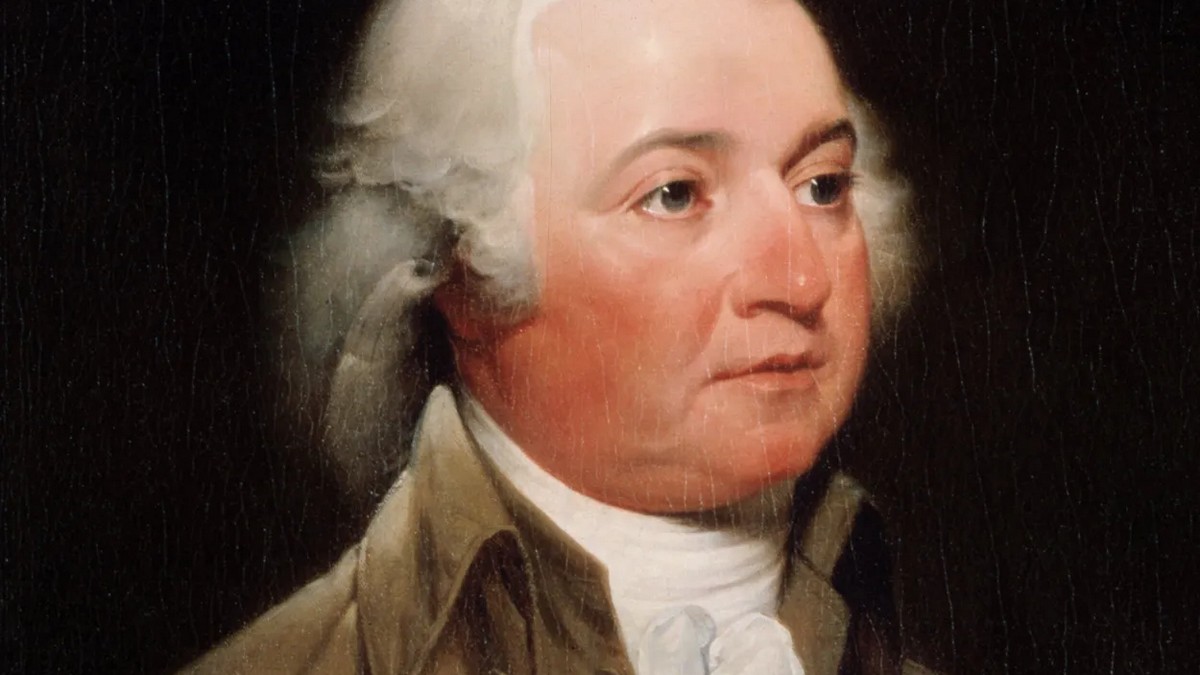)
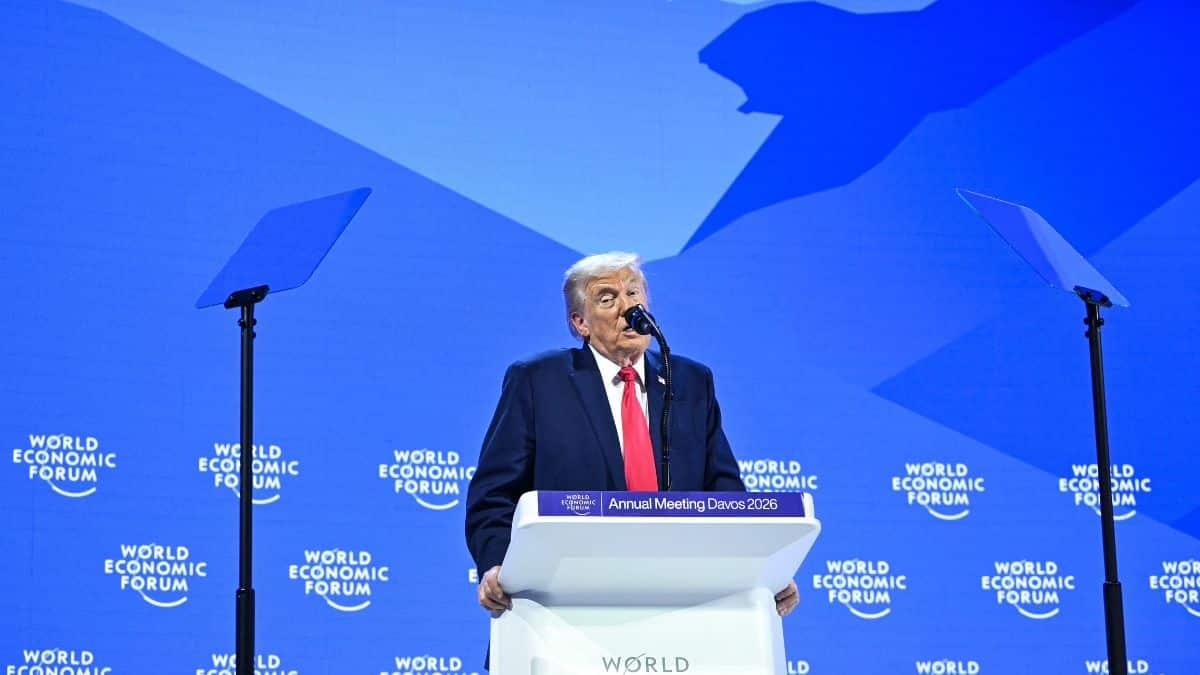
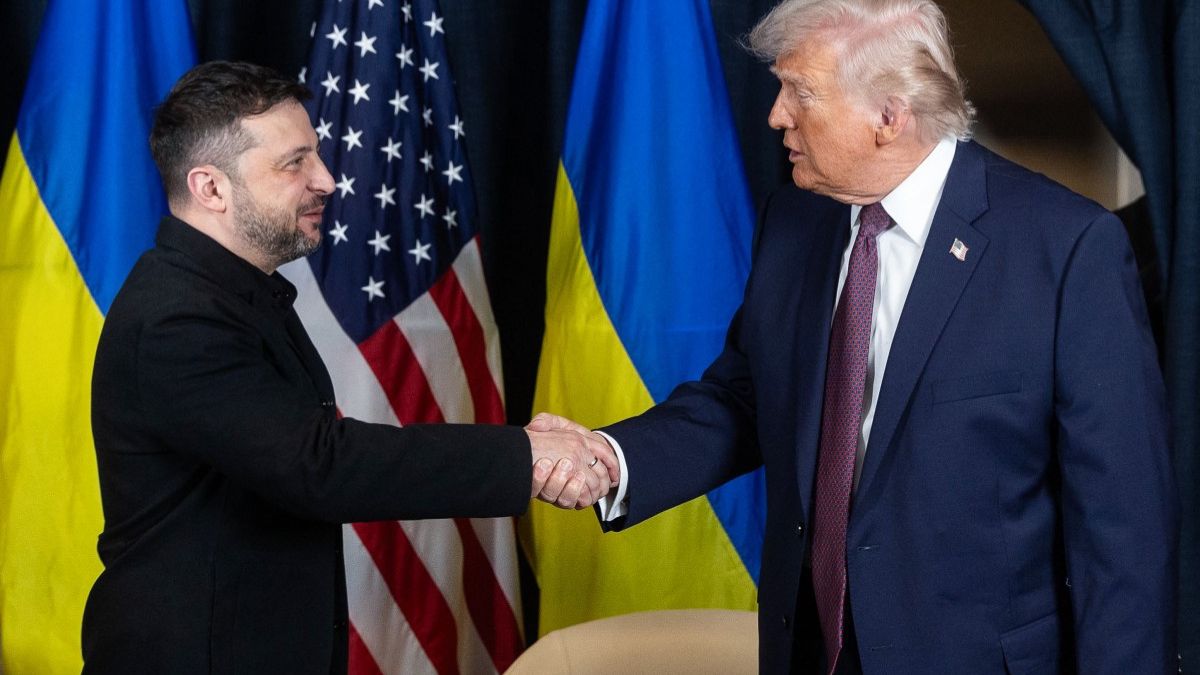)
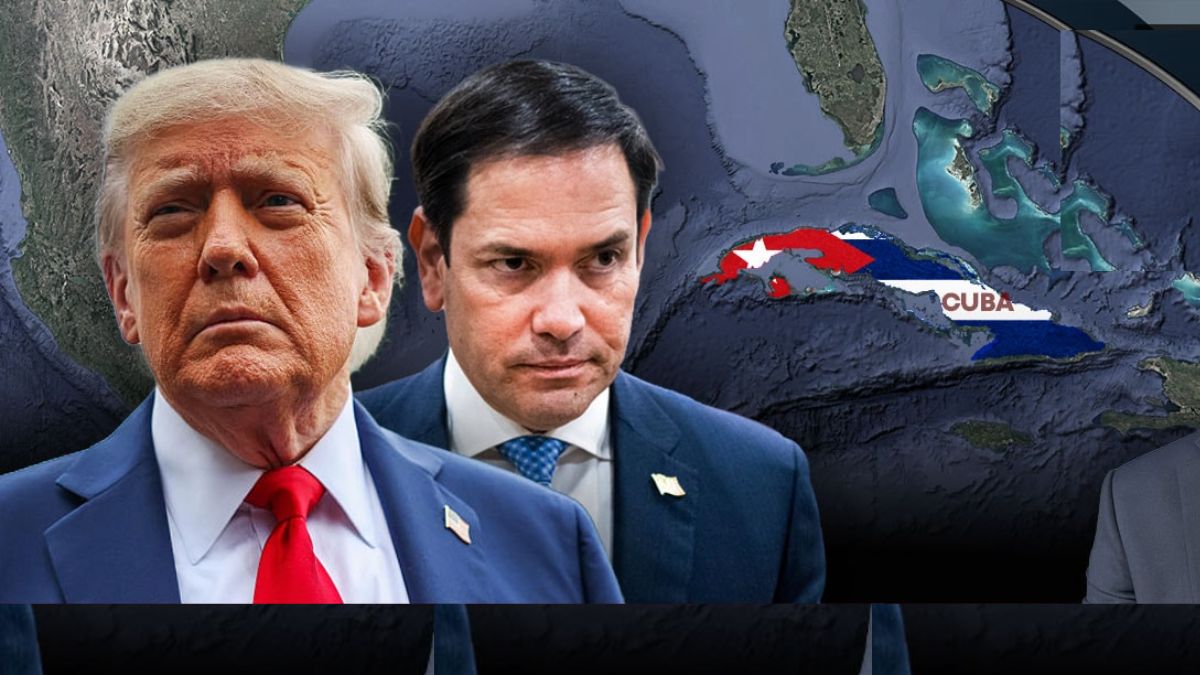)
)
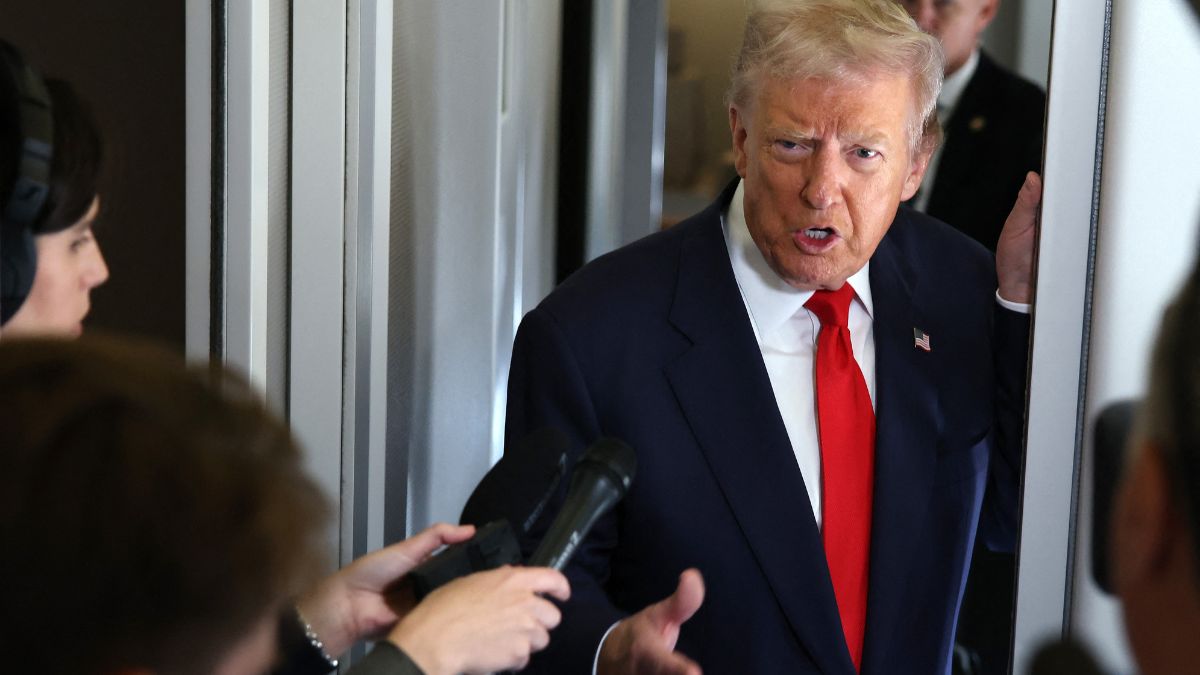)
)
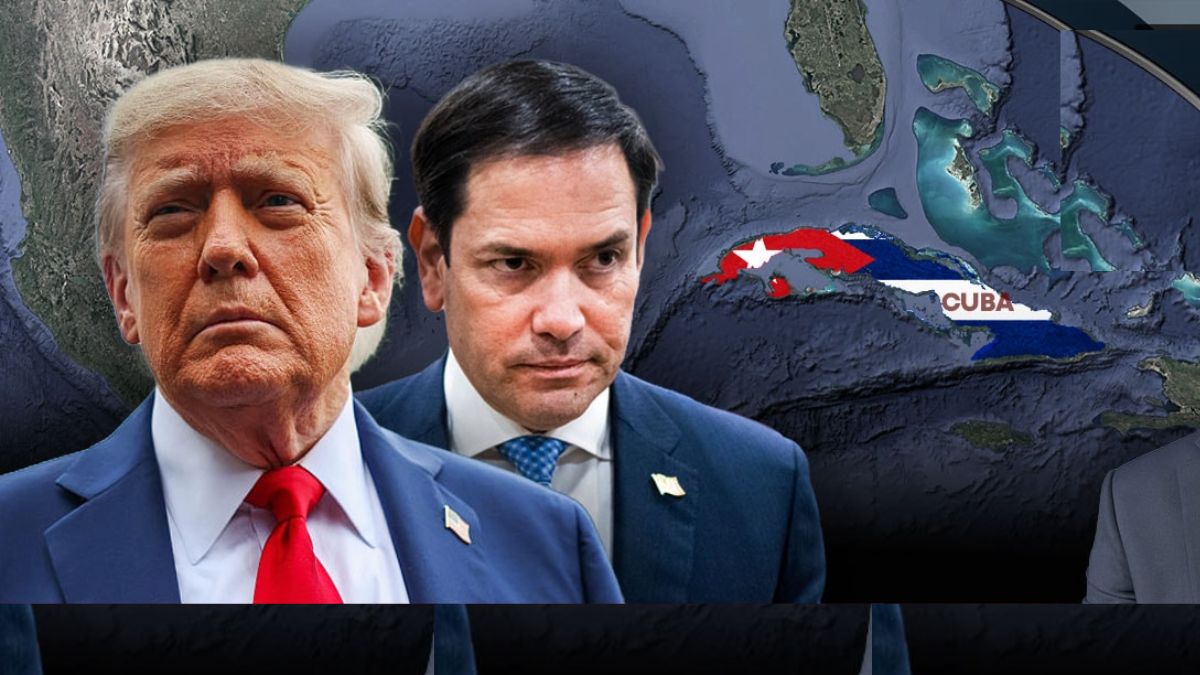)
)
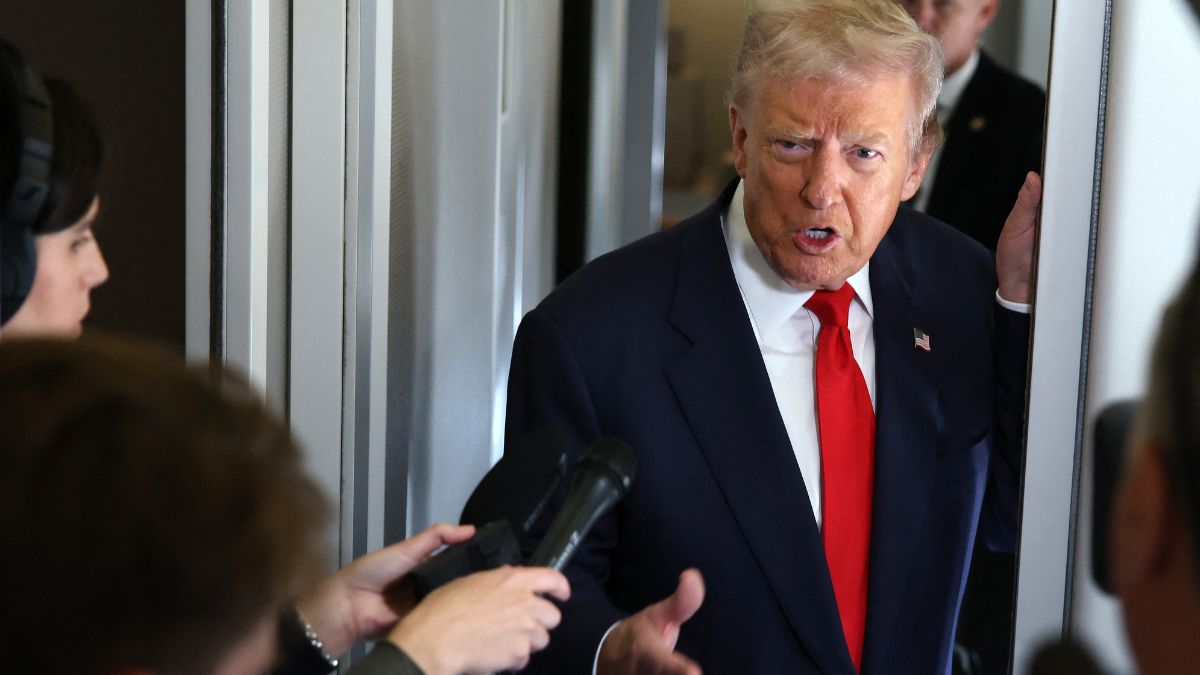)



